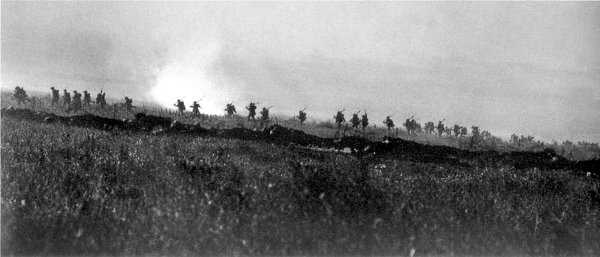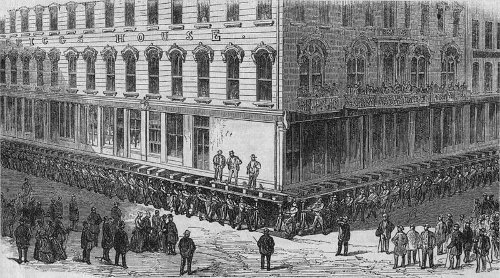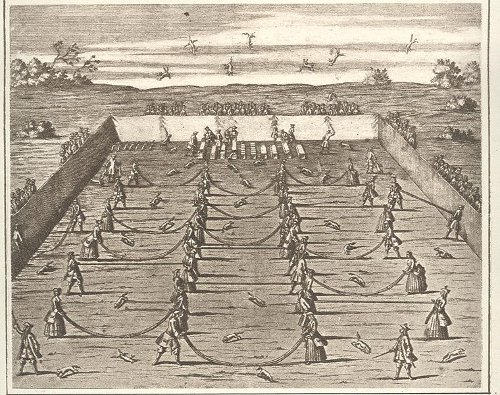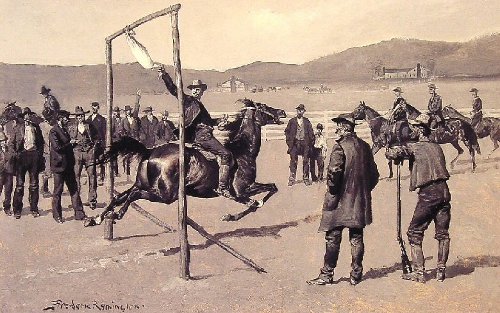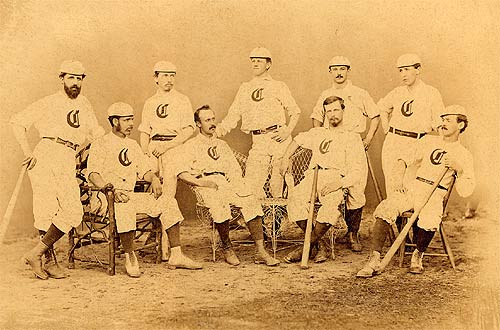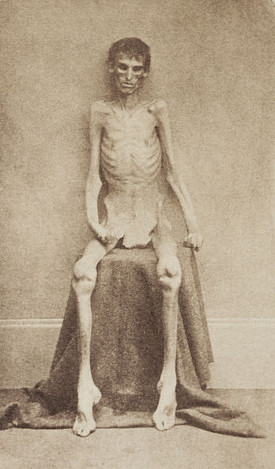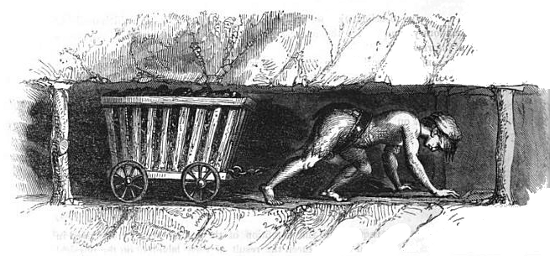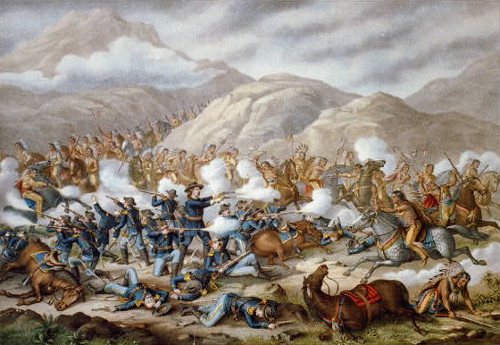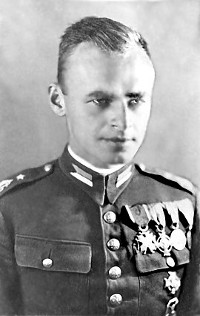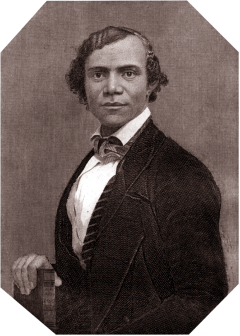
In 1842, Kentucky slave Henry Bibb made his way to Canada and became an abolitionist. While attending a convention in Detroit, he sent pamphlets to a number of Southern slaveholders, including his former master, William Gatewood. In 1844 he was surprised to receive this letter:
Bedford, Thimble County, Ky.
Mr. H. Bibb.
Dear Sir:– After my respects to you and yours &c., I received a small book which you sent to me that I peroseed and found it was sent by H. Bibb. I am a stranger in Detroit and know no man there without it is Walton H. Bibb if this be the man please to write to me and tell me all about that place and the people I will tell you the news here as well as I can your mother is still living here and she is well the people are generally well in this cuntry times are dull and produce low give my compliments to King, Jack, and all my friends in that cuntry I read that book you sent me and think it will do very well — George is sold, I do not know any thing about him I have nothing more at present, but remain yours &c
W.H. GATEWOOD.
February 9th, 1844
P.S. You will please to answer this letter.
He replied:
Dear Sir:– I am happy to inform you that you are not mistaken in the man whom you sold as property, and received pay for as such. But I thank God that I am not property now, but am regarded as a man like yourself, and although I live far north, I am enjoying a comfortable living by my own industry. If you should ever chance to be traveling this way, and will call on me, I will use you better than you did me while you held me as a slave. Think not that I have any malice against you, for the cruel treatment which you inflicted on me while I was in your power. As it was the custom of your country, to treat your fellow men as you did me and my little family, I can freely forgive you.
I wish to be remembered in love to my aged mother, and friends; please tell her that if we should never meet again in this life, my prayer shall be to God that we may meet in Heaven, where parting shall be no more.
You wish to be remembered to King and Jack. I am pleased, sir, to inform you that they are both here, well, and doing well. They are both living in Canada West. They are now the owners of better farms than the men are who once owned them.
You may perhaps think hard of us for running away from slavery, but as to myself, I have but one apology to make for it, which is this: I have only to regret that I did not start at an earlier period. I might have been free long before I was. But you had it in your power to have kept me there much longer than you did. I think it is very probable that I should have been a toiling slave on your plantation today, if you had treated me differently.
To be compelled to stand by and see you whip and slash my wife without mercy, when I could afford her no protection, not even by offering myself to suffer the lash in her place, was more than I felt it to be the duty of a slave husband to endure, while the way was open to Canada. My infant child was also frequently flogged by Mrs. Gatewood, for crying, until its skin was bruised literally purple. This kind of treatment was what drove me from home and family, to seek a better home for them. But I am willing to forget the past. I should be pleased to hear from you again, on the reception of this, and should also be very happy to correspond with you often, if it should be agreeable to yourself. I subscribe myself a friend to the oppressed, and Liberty forever.
HENRY BIBB.

